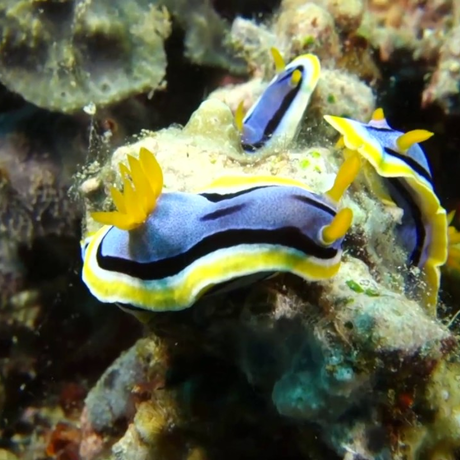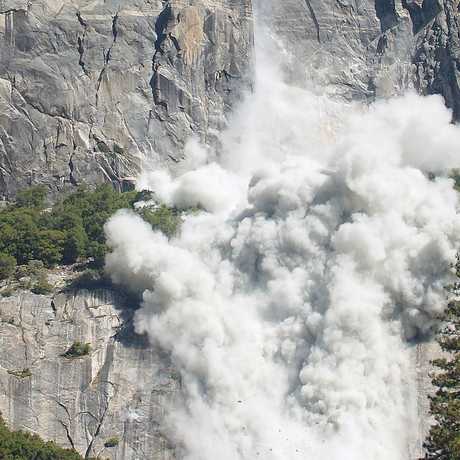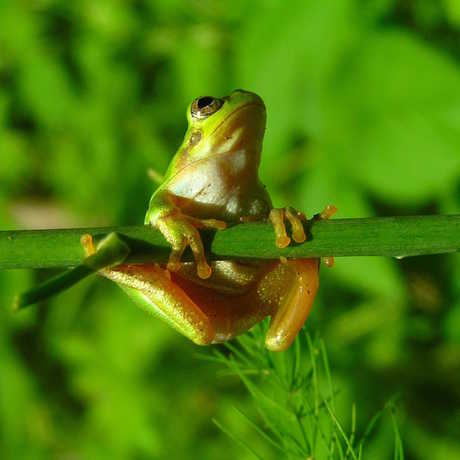Featured Articles
Today's post is Science Today's last. Thanks for joining us these past eight years!
Ecologically- and economically-rich coral reefs occur in very specific places on our planet.
New species finds include a succulent plant, worms and crustaceans near a hydrothermal vent and desert bees.
How can we effectively communicate the urgency around plastic pollution in the ocean to effect change?
This week's finds include a teeny frog, a blind fish that climbs waterfalls, and tadpoles that swim in sand!
News we didn't want you to miss: Yosemite heat and rockfalls, protecting fisheries, and important sea cucumbers.
Let's celebrate groundwater, that unseen, unsung, important resource!
Scientists are hopeful that epaulette sharks, and their embryos, could survive ocean acidification.
This week's new species include a stinky flower, six rattlesnakes, a burrowing snake, and a deepsea octopus.
Surviving the deadly chytrid fungus can lead to a shorter lifespan and possibly brain manipulation...
Scientists, ranchers, and farmers are working together to protect forested land near the Panama Canal.
Scientists turn back the clock and raise pH levels in an isolated coral reef. What are the results?
Tracking pangolin crimes, animal brain size could lead to endangerment, and tracking beluga whales’ dives.













